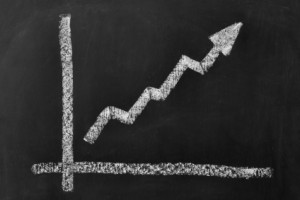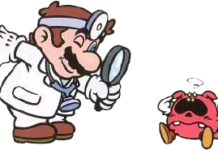 First, we should say that lagged sales doesn’t mean a loss of sales. Music’s continuing to be sold on iTunes, and corporations are still making a boat load of cash, the increase in growth however has stalled a little.
First, we should say that lagged sales doesn’t mean a loss of sales. Music’s continuing to be sold on iTunes, and corporations are still making a boat load of cash, the increase in growth however has stalled a little.
Correlation does not equal causation.
Everyone and their brother are reporting that an increase in prices are directly resulting in a stagnation of growth, and while that may be true there could be a host of other causes that are wreaking havoc on the growth rate. For instance, what about the recession, the fact that there are fewer new users to iTunes these days, or what if music today just tends to suck more than it did in the past? All excellent reasons for why market growth could slow down. I’d like to personally blame the problem on crappy music, but truthfully it’s probably a combination of the three.
See what’s happening here? There’s a lot of reasons why sales growth might be stagnating, and surely price may be one of them, but to drop the entire problem on the fact that labels were given the option to price a song anywhere between $1.29 and $0.69 isn’t the sole cause. If it was about the money only, wouldn’t we see a sharp incline in sales for tracks that are $0.69?
How’s this going to play out with e-books?
Peter Kafka, writer for All Things Digital and Silicon Alley Insider, thinks this lesson can be directly applied to the eBook market and that the publishers believe that it makes the most sense to get the price points you want in the beginning so that you don’t have to increase your prices later, and risk the sales stagnation. It seems like a logical conclusion to make, but the big executives at these firms need to ask themselves an important question, and be completely honest with themselves; would the iPod have been as successful as it has been if an album cost the same amount on the iTunes store as they did in a brick and mortar store? In order to sell digital books people need to adopt a digital device to read them, and the only way people will adopt a digital device is if the prices of said device provides economic benefits. If given the chance to buy an ebook for 15.00 or a normal book for 15.00 I’ll take the real book every single time. There’s no romantic feelings surrounding ebook readers, and it’ll do everyone some good if executives realized that. Until people start to embrace the technology on a mass market level, having your prices on par with normal books is a bad idea. Normal books will win.
Via Peter Kafka






